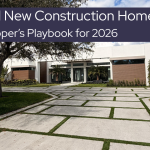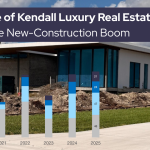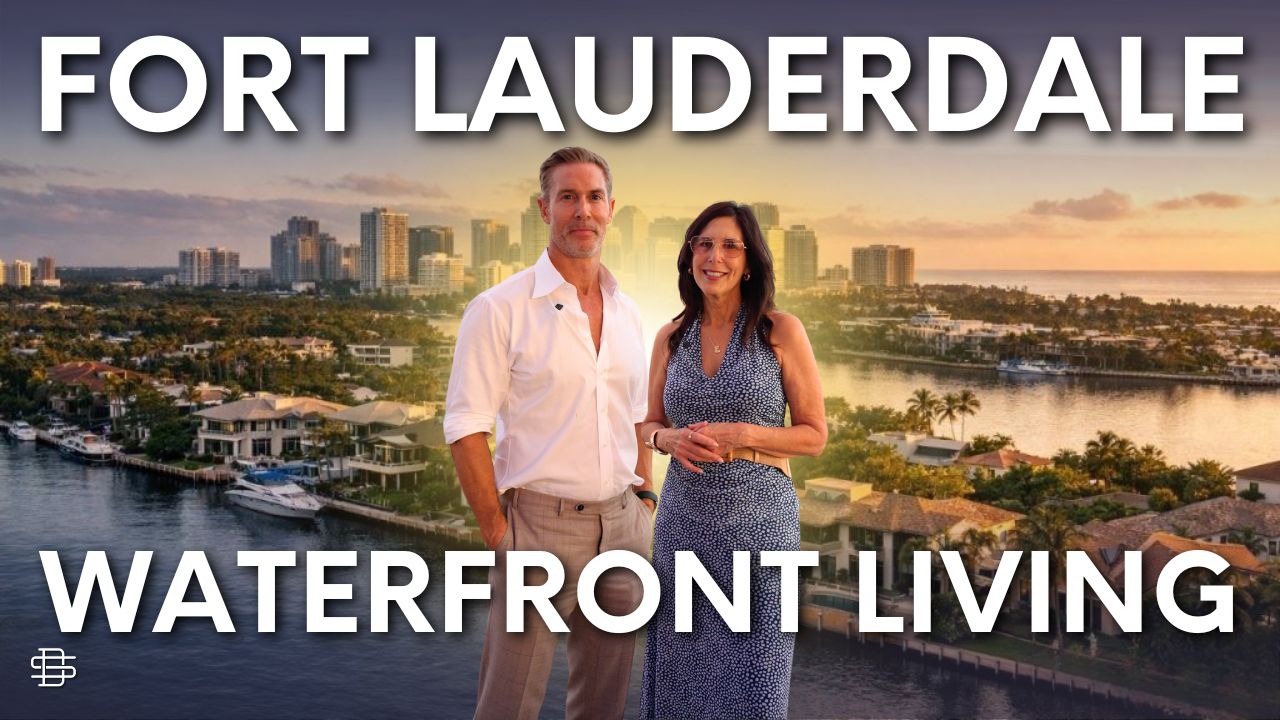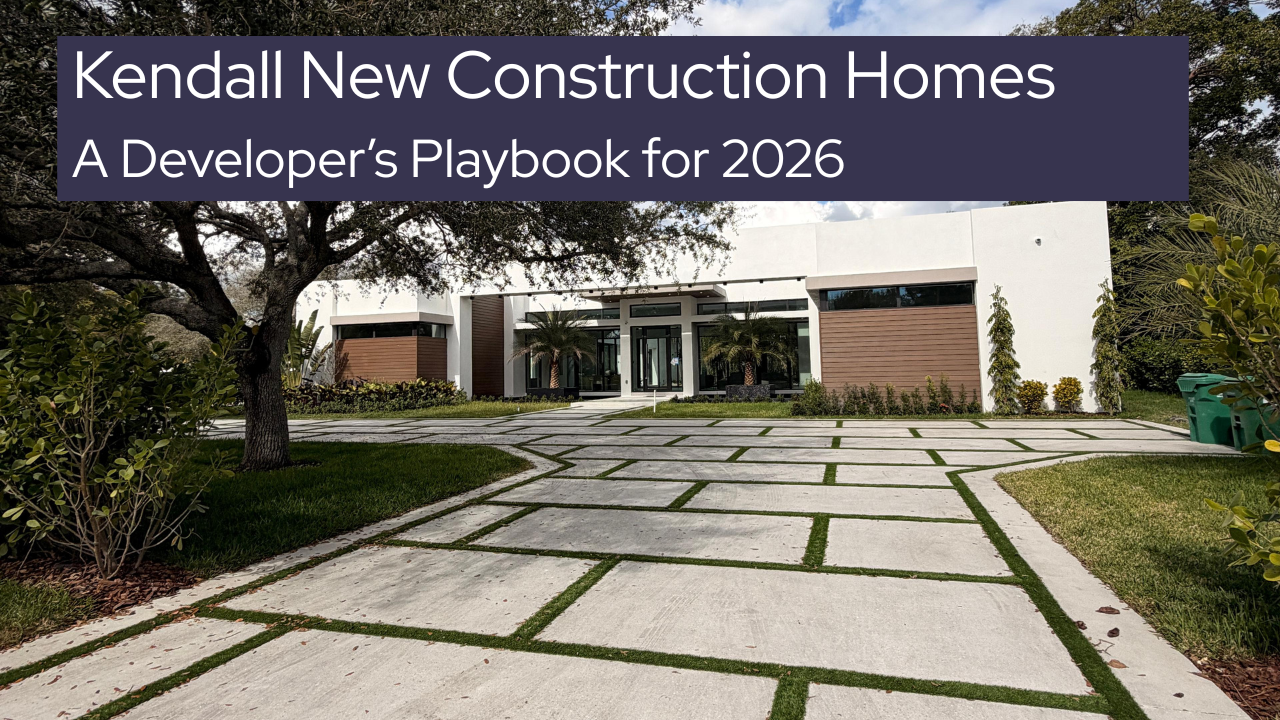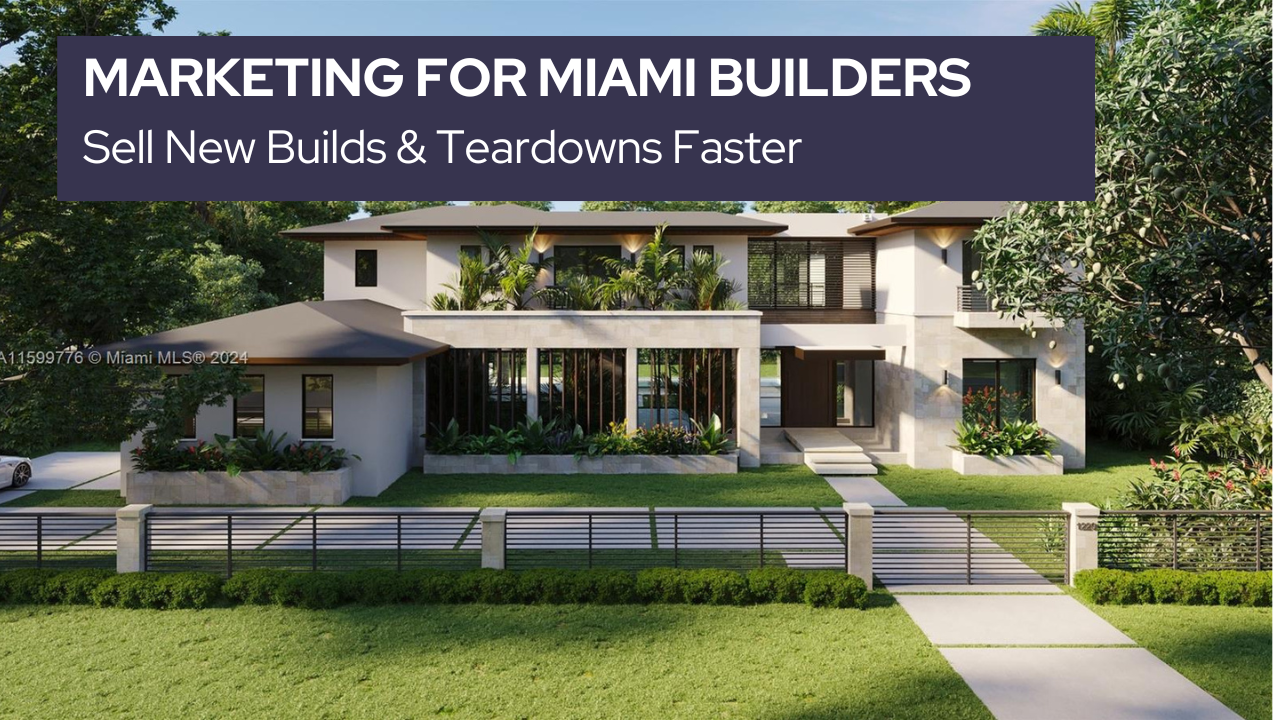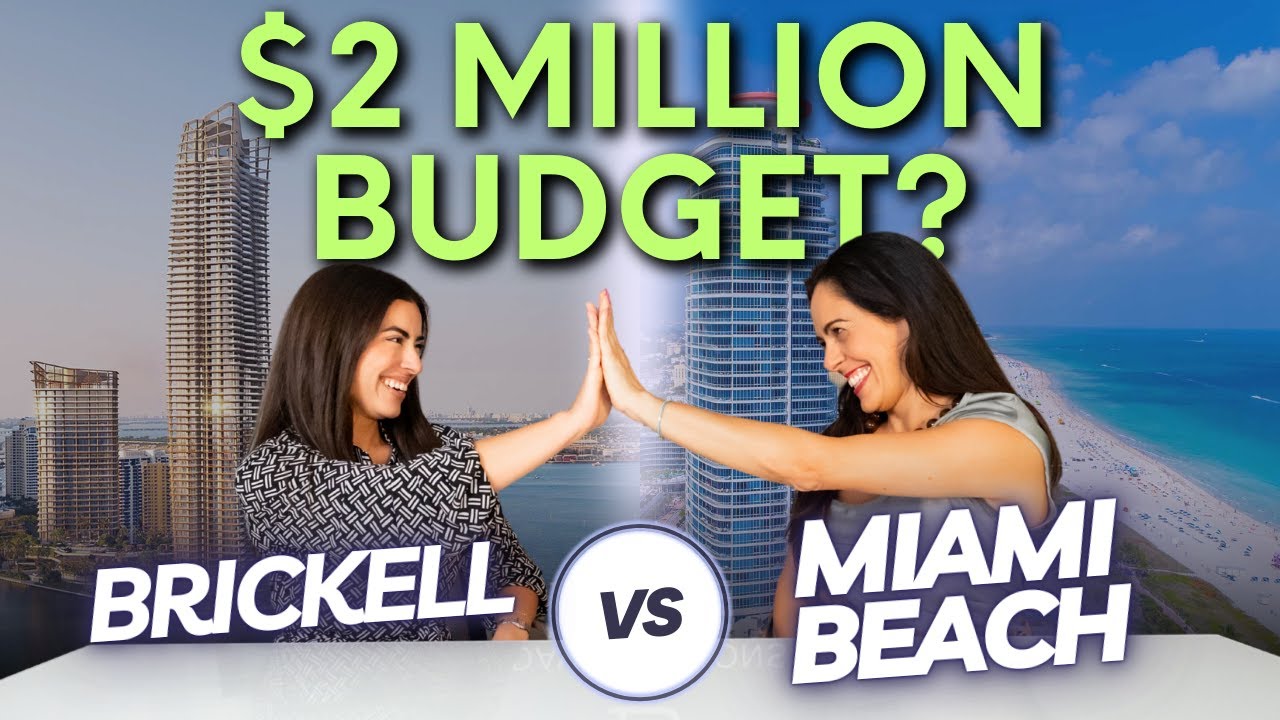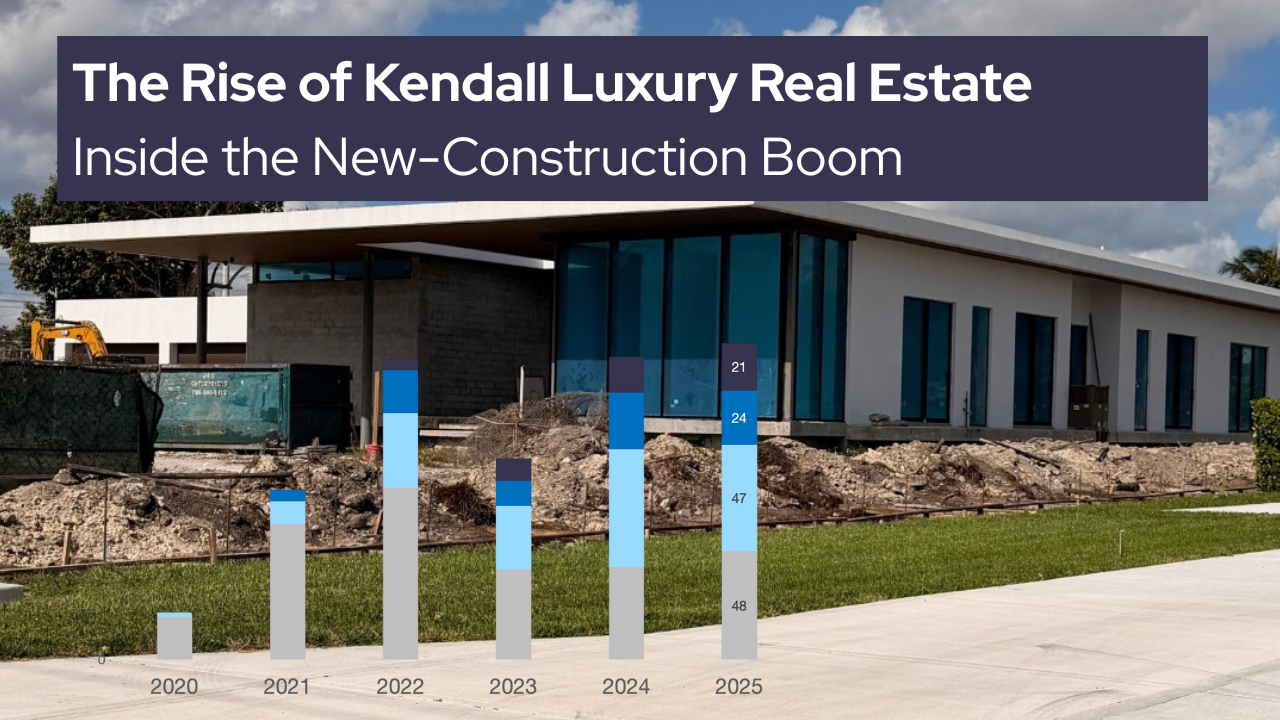
- Best of All
- Best Miami Luxury Condos
- Most popular
- Relocating to Miami
- Private Schools
- Investments
- Gated communities
- Waterfront information
- Luxury homes
- Luxury Condos
- New Construction Condos in South Florida
- Independent Pre-Construction condo reviews for Miami
- Independent Pre-Construction condo reviews for Fort Lauderdale
What Every Miami New Construction Condo Buyer Needs to Know Before Signing the Deal
Factors Influencing Timely Delivery
Developers often include extra time in contracts for flexibility, so understanding their motivation to stay on schedule is key. Factors like land ownership, financing, and timely groundbreaking play a big role. Developers who own the land outright and have strong finances are less affected by interest rate changes and more likely to deliver on time. Those reliant on financing may delay construction if interest rates rise, as even small increases can significantly impact costs.
An experienced agent is essential to navigate these complexities. They can identify reliable developers with strong track records and help assess the architect and builder’s reputations, ensuring higher confidence in the project’s timeline and quality. Buyers can also negotiate terms like the “outside date” in the contract. Adjustments such as earlier delivery deadlines or penalties for delays can provide extra protection. This makes working with a knowledgeable agent who understands the Miami market and its key players invaluable.
Financial Obligations in Miami New Construction Condo Purchases
In Florida, developers can use a portion of buyer deposits (up to 10%) for construction, unlike in states like New York where escrowed funds are protected. Buyers should verify if the developer has bond protections or other safeguards in case of default or delays, and in some cases, you may be able to negotiate terms to recover your deposit if the developer doesn’t meet deadlines. To make the contract “hard” and meet lender requirements, developers typically ask for a 20% deposit. Lenders often require 50% of units to be under contract before financing begins. Buyers can ask about cancellation options if this threshold isn’t met by a specific date. These terms may be negotiable, depending on the developer and the buyer’s leverage, such as the experience or connections of the agent.

Payment Flexibility and Developer Obligations
Closing Process and TCO
The building closes once it receives its TCO. This Temporary Certificate of Occupancy confirms the building is safe to live in, but it doesn’t mean everything is finished . It’s issued when the city deems the building safe, but the unit might not be perfect yet. The Certificate of Occupancy (CO) is given when everything is fully completed. This means that if certain amenities are essential for you or you bought the property as an investment it will be nbeneficial t include in the contract that you want all amenities to be fully functional before closing. Whether they respect this request depends on the developer But we have baked this intro contact for investors who for example bought a unit yo put in hotel program they didnt want to close til the hotel was p and running. Some people prefer an early closing cause it provides them with thhe opportunity to choose parking spaces, which can be a benefit. For investors, closing early can also offer an advantage cause they can setup a simultaneous closing. This means you close on your unit, and then, within 24 hours, the other buyer also closes. All of this can be negotiated with the developer. Finally, its important to mention that at closing, you’ll usually receive a credit instead of a discount on the price. Developers prefer credits because offering discounts can affect the overall pricing.
Developer Fees and other Closing Costs
The Developer Fee typically ranges from 1.25% to 1.7% of the sales price and is often listed near the purchase price. In addition, when you close, you’ll need to prepay HOA fees, including one month’s HOA and two months’ capital contributions. These capital reserves are required to help the building maintain a healthy financial balance and cover emergencies—this is a new rule in the market. The Developer Fee also covers costs like owner’s title insurance, transfer taxes (dock stamps), and deed recording. The remaining costs are administrative fees charged by the developer, which may be negotiable depending on the developer.
Expectation vs Reality when buying a Miami new construction condo
Conclusions
When buying a pre-construction condo in Miami, it’s crucial to fully understand the risks and protections involved. Pre-construction condo contracts can be complex, and common mistakes often stem from overlooking crucial terms, like deposit usage and developer deadlines. Work with someone who knows the difference between a great deal and a risky one—someone with direct connections to developers (not just their sales teams), who understands what to scrutinize in a condo and its contract. Choose an agent who handles many deals, collaborates with experienced attorneys, and knows how to protect your interests. Don’t assume these transactions are straightforward—many unexpected changes can occur. While our goal isn’t to alarm you, we aim to help you avoid surprises. Without proper guidance, you could find yourself at closing only to discover the square footage is smaller than promised, amenities are missing, or other details don’t align with expectations. Many agents will simply take you to sales centers and repeat what they’re told. Instead, work with an experienced agent who asks the right questions and ensures thorough due diligence, so you can move forward confidently.
Schedule a Meeting with David Siddons
If you want to avoid costly mistakes when buying a Miami new construction condo, please give me a call or schedule a meeting via the app below.
FAQ
These are the most commonly asked Google Real Estate Related questions
1. What are the Current Best New Condos in Miami?
If you want to hear in more details our opinions on the best new Miami new construction condos. Please read this article:Best New Construction Condos 2022-2023.
2. What is the best New Construction Condo in Fort Lauderdale?
In our opinion, the Residences at Pier Sixty-six are certainly the most interesting and unique. Already well underway this 32 Acre project will be home to the first of its kind Marina where owners will be able to anchor up vessels up to a staggering 400 ft! For specifics of this project see our independent review of this project.
3. How can I compare the new luxury construction Condos to the best existing Luxury Condos in Miami?
Our Best Luxury Condos in Miami article will prove to be very useful to those looking to compare the existing to the new. You may also want to watch this video which shows the performance of the best Condos in Miami over the last 15 years!
Please fill in your details and David Siddons will contact you
- Get our Newsletter
- Subscribe
- No Thanks
Get the latest news from Miami Real Estate News
Edit Search
Recomend this to a friend, just enter their email below.
 COMPARE WITH CONDOGEEKS
COMPARE WITH CONDOGEEKS









